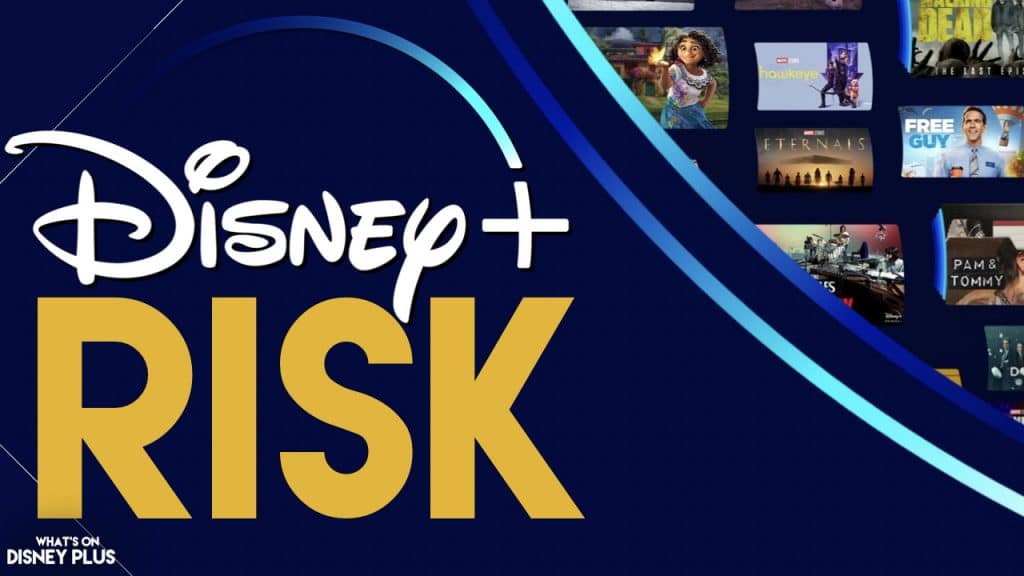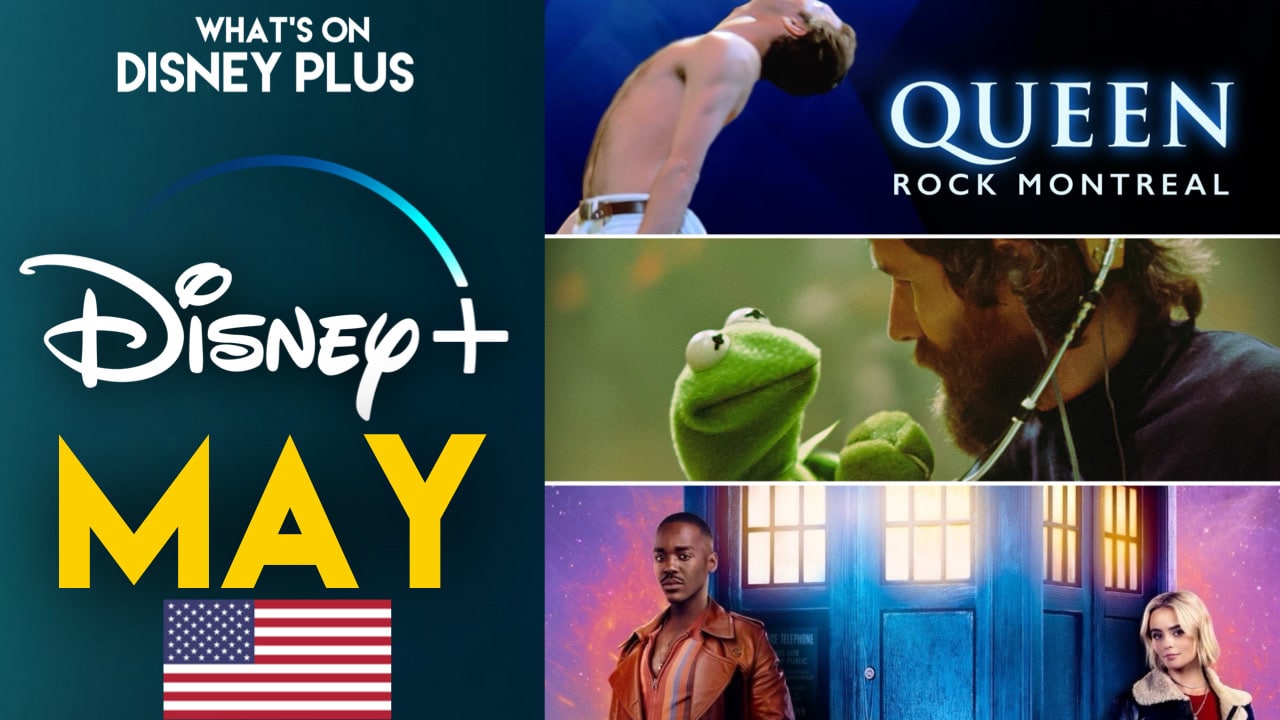
Streaming Buyout Deals Pose “Considerable Risk” According To European Authors Group
As streaming services have continued to grow globally, with subscribers in almost every country in the world and many major streaming services creating original films and shows for their audiences, there has been a big shift by the major studios to buying out films and shows in advance, often to enable them to release as an original production around the world. Disney is creating over 60 new original programs and films across Europe, including “Extraordinary”, “Wedding Season” and the upcoming “Culprits”.
One of the many reasons Hollywood actors and writers have been on strike over the last six months, is due to how streaming services have completely changed the financial system. With the traditional residual system now becoming a thing of the past, and with the major studios like Disney, Netflix, and Amazon now have more power internationally than ever. In Europe, the streaming services have to create local content to maintain a film industry, but this shift is causing problems, as it’s not just in the United States that questions are being raised about this model, as recently The Grouping of European Authors’ Societies (GESAC) has issued a report stating that buyout practices have become increasingly widespread in Europe and now present a considerable risk for the European creative sector, in particular for authors and composers.
The group is calling for legal solutions at the EU level to make sure that the protective principles of the 2019 DSM Directive on appropriate and proportionate remuneration for creators are effectively implemented and not bypassed by non-EU-based giant platforms imposing US rules and jurisdiction in their contracts, as it has growingly become the case. Recommendations of the study also include further proposals for better protection of European creators through addressing certain International Private Law issues, with specific mentions of jurisdictional challenges.
Véronique Desbrosses, who is the General Manager of GESAC, said in a statement:
“The study rightly underlines the disastrous impact of the growing phenomenon of buyout on creators and on the cultural sector, which play a key role in the European economy and innovation. It provides independent evidence and adds to the recent calls from the European Parliament and the Member States for legislative proposals from the European Commission, noting the urgency of an EU action. The legacy of the current European co-legislators is clear: It is time for action!
Authors and composers are encouraged by this legal and economic analysis of experts that unequivocally ask for action to tackle coercive buyout practices through legislative intervention, in order to support European creation. Collective management organisations (Authors’ societies) are formed by authors to resist coercion and to collectively negotiate fair terms for usage. As underscored in the study, they play a key role for long term solution and authors are better off when there is a robust system of collective management supported by appropriate EU policy initiatives.”
These findings have been presented to the European Parliament today, and while there are some benefits for the studios buying out the rights to shows and films, there are also benefits from those doing so, since they get more opportunities and more money upfront. However, when one of these projects becomes a big hit, or maybe even the exact opposite, it doesn’t, but there could be other opportunities to explore these characters and stories the creators have no control over once they’ve sold the rights.
It’ll be interesting to see what happens with the study in the future. Hollywood studios, especially Disney, typically like to invest in money in things they own outright, but there is becoming much more pushback on how the streaming services are gaining more control globally. It might be good for the studios and there are many more opportunities for international content to find a global audience, but that often comes with a price, the studios usually pay that up front, so they don’t have to pay out residuals at a later date. However, the counterargument is that the studios have paid more upfront to do this, and the creators have agreed to this when they signed the deal.
Do you think the studios should continue to buy out content? Let us know on social media!



